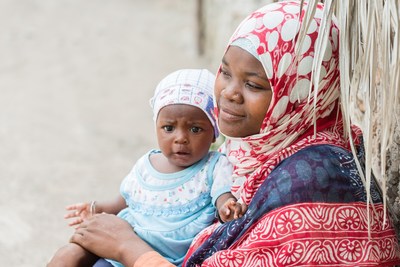There are increasing worldwide interests in trying to enable remote diagnostic workflows so healthcare professionals can reach more patients across disparate geographies.
Increased access to diagnostic imaging has direct correlation to the health of women and children in disparate locations in Africa. In Tanzania, some 14,000 women die annually during pregnancy and labor due to postpartum hemorrhage and preeclampsia, according to Tanzania 2017 Maternal and Child Health Fact Sheet. Many of these deaths are preventable by the most minimal prenatal care: an ultrasound could alert patients of early risks.
A Silicon Valley-based health IT company specializing in these technology will deployed its flagship Workflow Unifier platform at the foot of Mount Kilimanjaro in Moshi, Tanzania. The project was funded by the non-profit East Africa Medical Assistance Foundation (EAMAF) which chose the Kilimanjaro Christian Medical Centre (KCMC), a 630-bed referral hospital and medical school, as the recipient site.
There are increasing worldwide interest in trying to enable remote diagnostic workflows so healthcare professionals can reach more patients across disparate geographies. Nearly half the world doesn’t have access to basic imaging services. It is hoped that increased access to imaging technology can reduce maternal and infant mortality.
“We are proud that our first customer in Africa is KCMC, a leading healthcare institution in Tanzania,” said Dmitriy Tochilnik, President and CTO of Dicom Systems. “Our early teleradiology installations took place
In rural health environments, technology does not usually flourish. Dicom will be providing a cost-effective imaging solution for a developing country in need of a sustainable platform.


 Copy Protected by Chetan's WP-Copyprotect.
Copy Protected by Chetan's WP-Copyprotect.